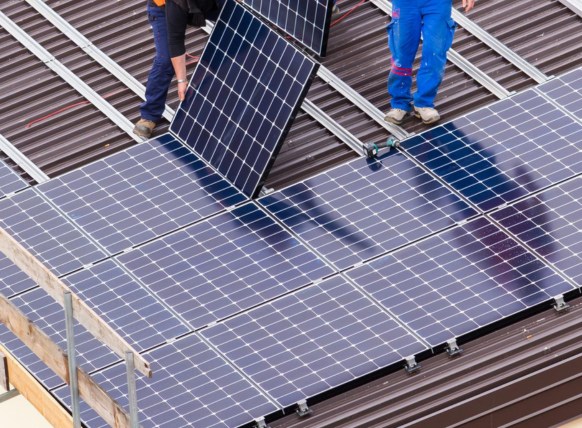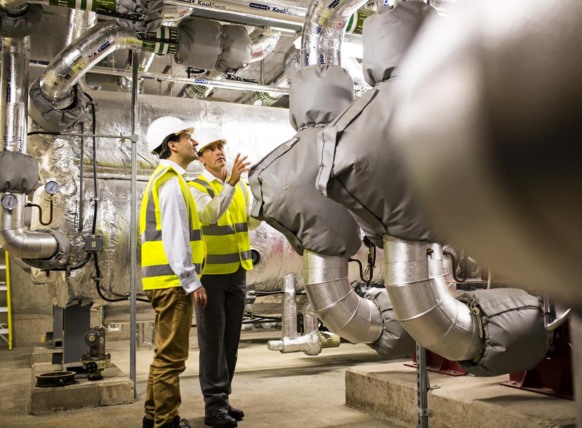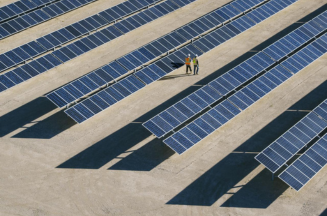Transforming office spaces with cleaner, greener energy
From large corporations to small enterprises, office spaces are emerging as a crucial focal point in the quest for sustainable solutions.


E.ON
08/08/23


How sustainable is the UK's office stock?
How can we create a sustainable office space?


Are solar panels worth it for a business?
Are heat pumps suitable for commercial buildings?


How does combined heat and power (CHP) work?
Can district heating work for your business?
Read our other blogs
.png)

02 August 2023
Blog post
Green jobs: paving the way to a sustainable future
As our demand for sustainability grows, so does the need for ‘green champions’ – the people and the skills we need to deliver those necessary changes.


09 June 2023
Blog post
15 minute city: The future of sustainable energy for cities?
15 minute cities - designed to accommodate life’s necessities by having urban amenities within easy reach - could play a vital part in helping reduce carbon emissions and creating cleaner air in our most populated cities.


18 October 2022
Blog post
How smart cities are only getting smarter
The future of smart cities promises to look vastly different than the present − and it's clear that coming years will bring more mind-blowing advancements to a town near you.